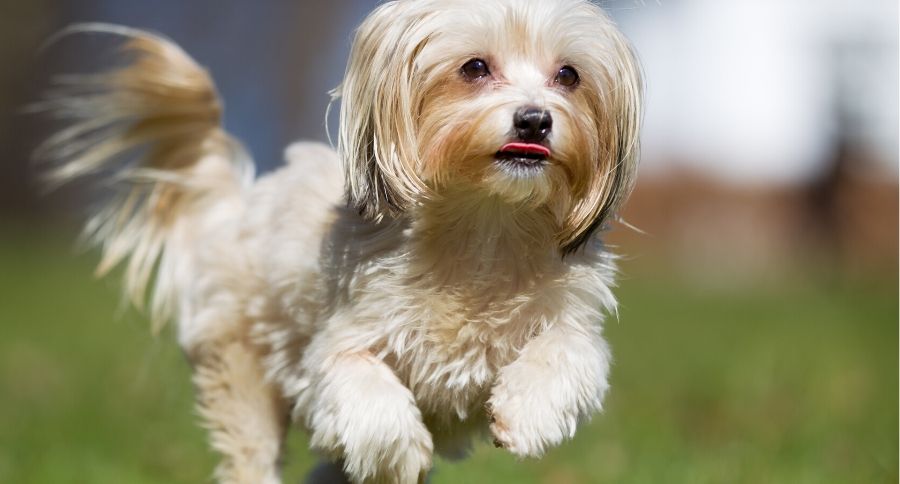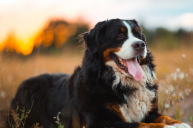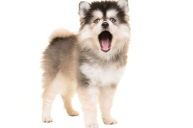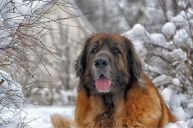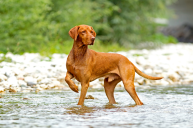I haven't met many Havanese dogs and they are adorable! Researching more about this breed was eye-opening as they have spunky personalities according to many owners. They do need daily brushings though so be prepared to groom their silky coat a lot! Overall, this dog breed is a great candidate for city dwellers. They're characterized by the American Kennel Club as highly sociable with vivacious personalities. And those silky coats? Havanese coats protect them from the sun in Havana, where they're from.
What's a Havanese dog?
https://www.instagram.com/p/B4LCL2HjEzq/
The American Kennel Club (AKC) tells us that this breed was a native lapdog of Cuba's aristocrats.
"The Havanese, named for the capital city of Havana, where the breed gained greatest favor. Depending on the source, the breed's forerunners were said to be brought to the island nation by Italian sea captains or by the Spaniards charged with colonizing the New World in the 1600s."
This breed has been popular since the 1600s!
"Many Cubans fleeing Fidel Castro's revolution brought their little dogs with them to America. With the help of American fanciers, the refugees preserved and perpetuated the Havanese."
Their general appearance is small and sturdy. They're slightly longer than tall with a long, untrimmed, double-coat. The most common questions about this breed are related to their silky coat. Brushing the coat two to three times per week is recommended.
Are Havanese hypoallergenic?
https://www.instagram.com/p/B4K-_MDBliy/
VetStreet.com shares that these pups are not in the hypoallergenic category.
"Never believe anyone who tells you that the Havanese is hypoallergenic. All dogs produce dander (dead skin cells) and their saliva also contains allergenic substances."
Some lists will include the Havanese, though, as that silky coat is unique so talk to a breeder.
What about grooming? Do Havanese shed?
The Havanese is referred to as a non-shedder, but all dogs shed at least a little bit. This is another reason you'll see this breed make the list of dogs that are suitable for people that suffer from allergies. They are also prone to tear staining. You'll need to clean around the eyes as well daily as the staining will build if left and ignored.
How big do they get?
https://www.instagram.com/p/B4KyEiBDdcp/
They're not all that big! Typically they're about 7-13 pounds and need regular exercise. They're also in the toy group so this small breed is considered a great candidate for city dwellers but if you work all day you'll need a dog walker!
There are several health concerns this breed is prone to that should be on your radar. Talk to your breeder about possible eye disorders, chondrodysplasia, deafness, heart murmurs, Legg-Calve-Perthes disease (which affects the hip joint), and patellar luxation. We are officially Havanese fans! If you live in the city this is a great breed to consider. They're even known to be good swimmers if you train them as pups.
Do you live with a small dog? Other small dog breeds include the Bichon, Maltese, Bichon Frise, and all of these are wonderful family members. Do your research to make sure the energy level is a good fit but all of these are wonderful family dogs. Having a smaller dog as a companion dog has many advantages.
Don't be fooled though they have regular exercise needs. The toy breeds need just as many daily walks as the larger breeds! Havanese breeders can answer any questions about their life expectancy, the breed standard, that long coat, and any health problems.
Do you live with a Havanese? Let us know what characteristics you love about this breed!
WATCH NOW: Coonhounds are the floppiest
